The Three MGTOWTEERS : Book Review
In this video I review the book entitled The Three Musketeers by Alexandre Dumas..
Patreon
https://www.patreon.com/ground....work_for_the_metaphy
Paypal
https://www.paypal.com/cgi-bin..../webscr?cmd=_s-xclic
Script
http://www.gftmom.com/portfoli....o-item/the-three-mgt
I do not often read fiction as compared to non-fiction. However, when I do decide to read fiction I follow one rule fairly strictly. I never read works of fictions that have been published after the 1950s. This was a rule I have come to adopt after becoming conscious of the radically different portrayals of men in contemporary works as oppose to older works. Modern fiction, even if written by a man, has strongly gynocentric and generally delusional themes in their portrayals of both men and women. J.R.R Martin’s Song of Ice and Fire series; or, as people more commonly refer to it, The Game of Thrones, is a suitable example of this.
The female characters are for the most part unbelievable and the portrayal of their interactions with both the external world, other women, and men, is as fictitious as the genera to which Game of Thrones belongs to. Game of Thrones, however, is on the mild end of the problem in modern works. If you read any of the best sellers that appeal to women, the portrayal of men is inhuman. Men in those works are completely instrumentalized to be tools of the fantasies of women.
Worse still, the problem does not end with the gynocentric skew on the themes these books have. What is not as readily perceived are the themes that tend to be completely left out, such as non-gynocentric male struggles, male desires and dreams, brotherhood between men, honor between men, and of course, sacrifice of men for men. Such themes are all but unknown in modern writing.
To make the situation even worse, contemporary fiction is written in an effeminate manner independent of whether or not the writer is male or female. The language is simplified to the point where the need for a dictionary is incredibly rare. This however, may be a mixed and skewed interpretation. It is quite possible that the older works indeed use common language but the education level was so high, that said common language was a much broader superset of what is considered common today. However, if this is true, then the charge of effeminacy still stands and is extended to contemporary education in general.
Yet there is one more charge of effeminacy that can be laid at the foot of modern works; namely, that of shallowness of insight. When reading old works, references are made to a great deal of things about history, other literature, as well as geography, religion and politics. Though one may be reading a fictional tale, in other words, a non-academic work, the demonstration of breadth of knowledge is par excellence on the part of the author. By reading older works one not only gains the pleasure that comes from experiencing a well told story, but one can also gain an education.
Though contemporary fiction has all these problems and more, I find that works produced before the 1950s tend to avoid many of these pitfalls. Simply put, works of fiction published before the 1950s tend to showcase men positively, women realistically, and explore themes not commonly seen in later years.
One of these books is The Three Musketeers by Alexander Dumas. Dumas published The Three Musketeers in 1844. The plot of the book, however, takes place around 1624 in France. The book follow d’Artagnan, a 20-year-old man who is sent into the world by his father with little more than an old horse, some money, a sword, and a letter of recommendation addressed to the captain of the musketeers.
Soon after arriving in Paris, d’Artagnan meets three musketeers named Athos, Porthos and Aramis. The musketeers, of which there are a few hundred in total, serve as the elite guard for the king of France.
There is also a second faction of such elite warriors who serve as the guard for a Cardinal who was assigned by the pope to France. The plot of the book is mostly motivated by the aristocratic rivalry between the king of France and the cardinal of France. Due to this animosity between these two politically important figures, so too is there animosity between the musketeers and the cardinal’s guards.
0


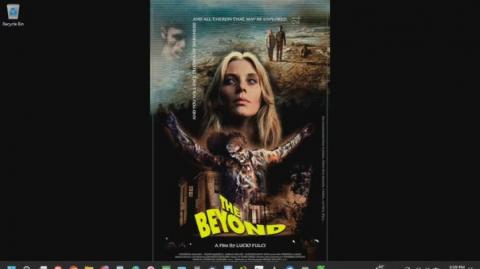
 AgentofSocialMediaChaos
AgentofSocialMediaChaos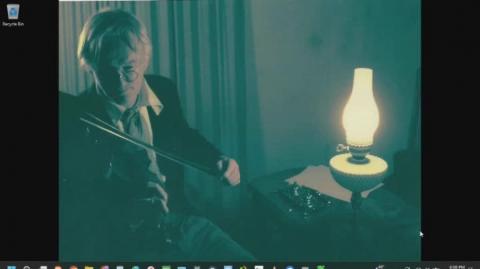
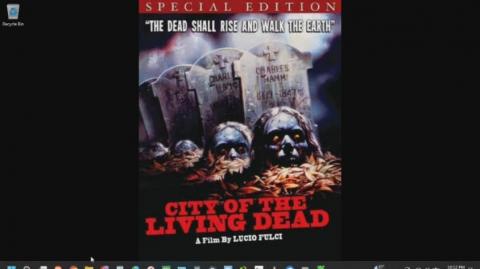
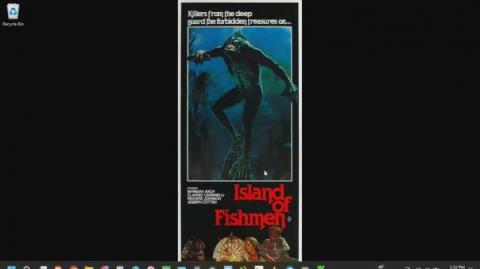

 T F Monkey
T F Monkey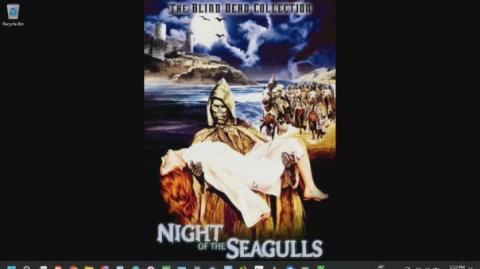
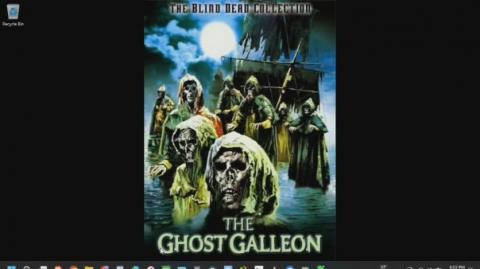
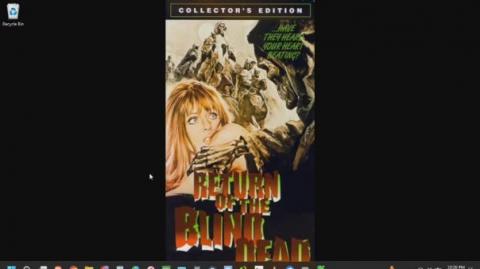

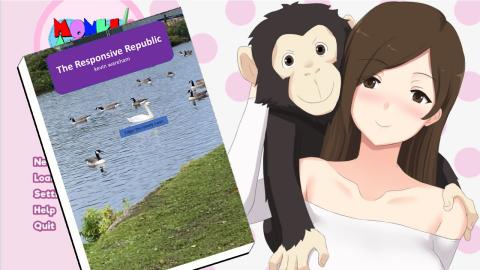
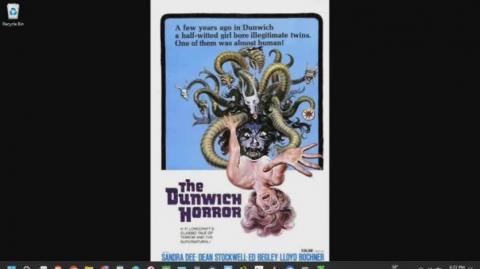
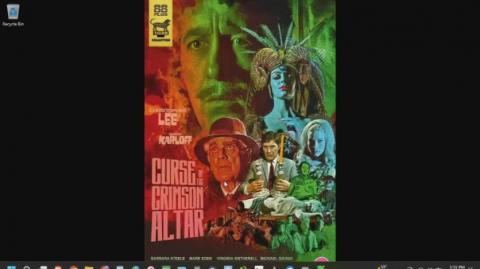
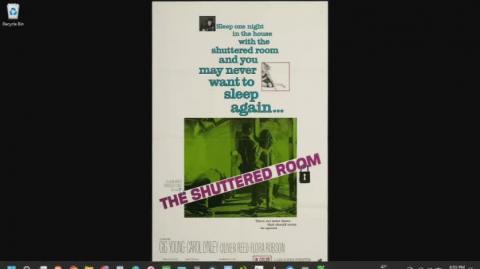

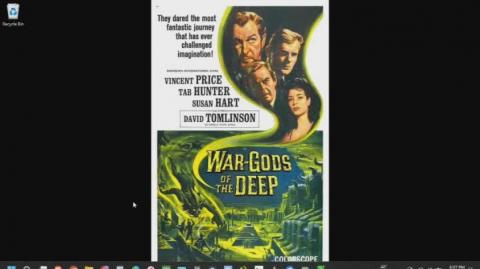
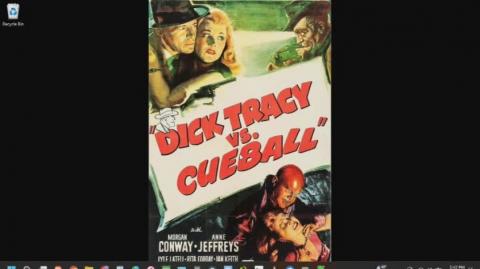

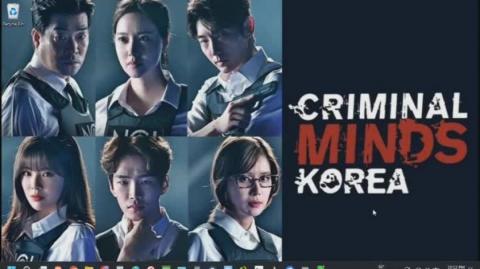
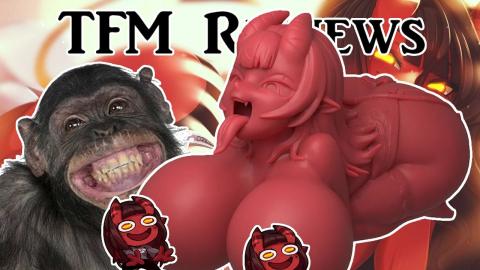
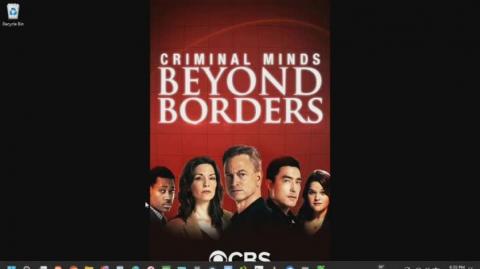



Log in to comment